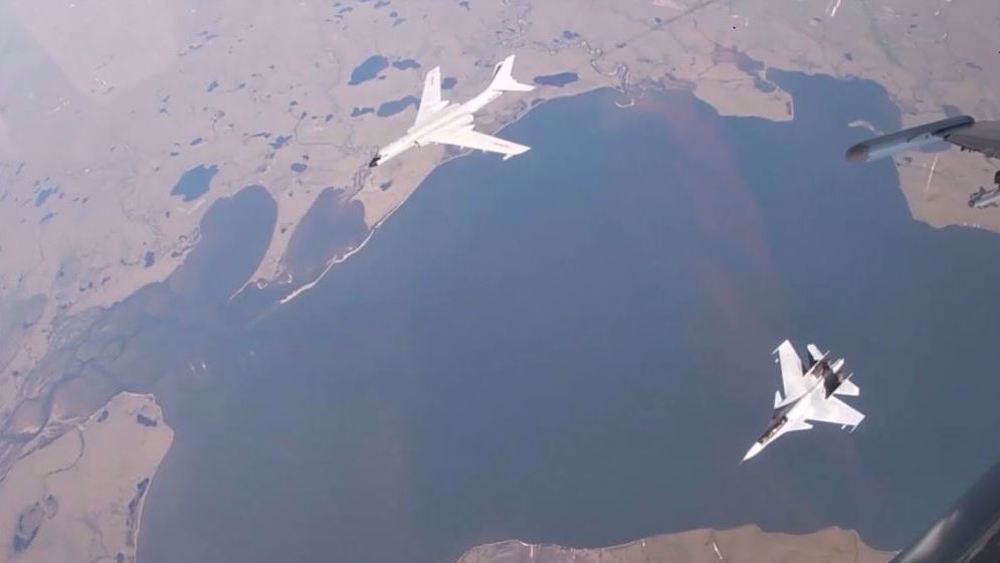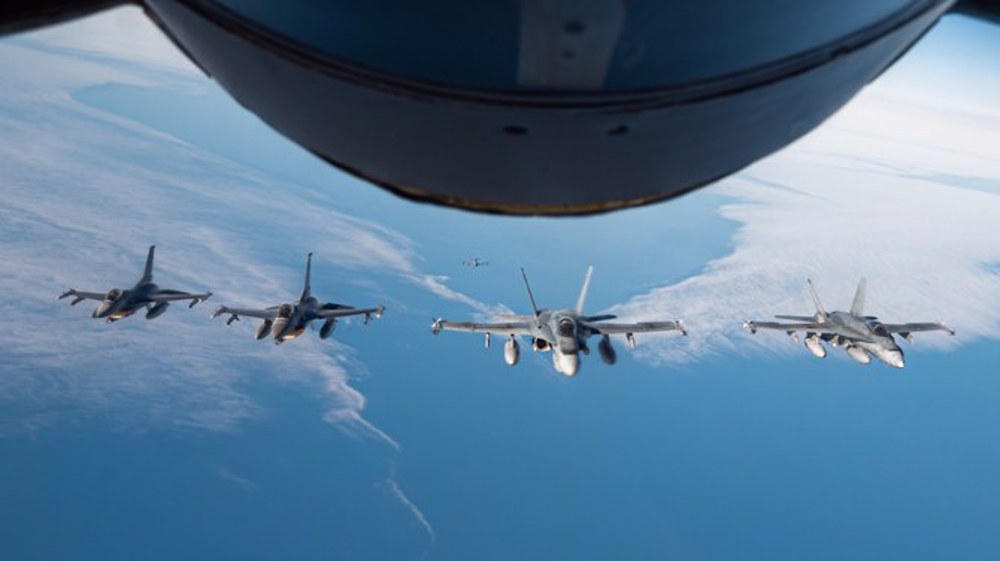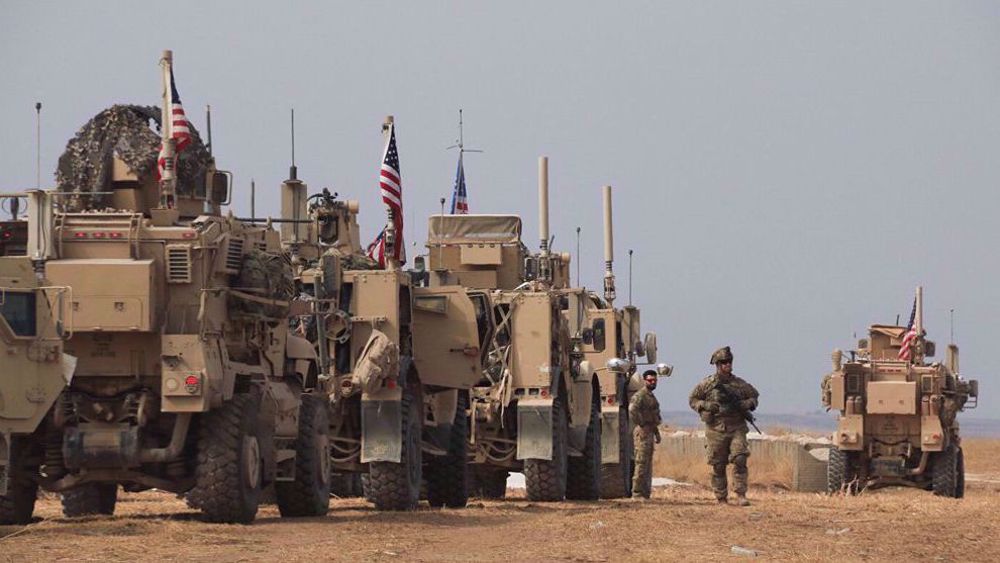‘Surge’ architects call for 20,000 troops in Iraq
Retired Army officers and military experts, who engineered the 2007 “surge” in Iraq, call for a return of American combat troops to the country, saying the current US war strategy is “fundamentally flawed.”
The United States should deploy up to 20,000 troops to assist Iraqi and Kurdish forces on the ground, conservative military experts told the Senate Armed Services Committee on Thursday, according to Stars and Stripes.
“We are not only failing, we are losing this war,” said General John M. “Jack” Keane, who previously served as vice chief of staff of the US Army.
The ISIL terrorists have expanded their reach over the Euphrates River from Baghdad to the Turkish border, Keane warned.
“Moreover, I can say with certainty this strategy will not defeat ISIS,” he said, using one of several acronyms for the extremist group.
“ISIS is on the offense, with the ability to attack at will, anyplace, anytime,” said Keane. The militant group is “expanding beyond Iraq and Syria into Sinai, Yemen, Libya and Afghanistan. They are also inspiring and motivating radical sympathizers throughout the world.”

The Senate hearing was held days after the Iraqi city of Ramadi, the capital of Anbar province, was overrun by the ISIL militants.
The ISIL offensive in Ramadi has called into question the overall US strategy against a terrorist group that has wreaked havoc in much of northern and western Iraq since June 2014.
The Takfiri militants continued to gain ground this week, seizing the ancient Syrian city of Palmyra, in the central Homs province, despite nine months of US airstrikes in Iraq and Syria.
Frederick Kagan, a director at the conservative American Enterprise Institute, said regaining the momentum against ISIL would require up to 20,000 US troops on the ground in Iraq.
“I think anything less than that is simply not serious,” he told lawmakers.
In 2006, Keane and Kagan both advised former president George W. Bush to drastically increase troops in Iraq when it became clear the US strategy was failing.
“We are not anticipating putting American brigades and having them clear house by house as we have previously done,” Kagan said.
Sens. John McCain, (R-Ariz.), chairman of the Armed Services Committee, and Lindsey Graham, (R-SC), who also sits on the committee, called Wednesday for a new troop surge similar to the one ordered by Bush.

The Obama administration has relied on airstrikes and training of local forces to "degrade and ultimately destroy" ISIL, a strategy that many military officials and experts believe is not working.
For weeks, US officials had downplayed the strategic importance of Ramadi. But the administration acknowledged on Wednesday that the US-backed Iraqi forces were stunned by the ISIL move over the weekend.

President Barack Obama has insisted the United States is not losing the war against ISIL, despite the recent loss of key Iraqi and Syrian territory.
"I don't think we're losing," Obama said in an interview with news magazine The Atlantic published Thursday.
The US president described the situation in Ramadi, where some 40,000 people have been forced to flee, as a tactical setback.
Obama blamed the chaos on a lack of training and reinforcement of Iraqi security forces. "They have been there essentially for a year without sufficient reinforcements."
HRJ/HRJ
Palestinian resistance fighters hit Israeli Merkava 4 tanks
VIDEO | UK police brutal assault on Muslim family sparks outrage, protests
Hamas: Death of leader in Israeli jail amounts to murder
EU sends €1.5 billion to Ukraine from frozen Russian assets
VIDEO | Millions of Yemenis rally for Gaza, call for more anti-Israel operations
UN chief calls for Olympic truce as games begin in Paris
Paris Olympics begin as sports world reeling from loss of 400 Palestinian athletes in Gaza war
Iran warns ‘sworn enemies’, says sidekicks of US, Israel ‘displaced’ with bloody hands










 This makes it easy to access the Press TV website
This makes it easy to access the Press TV website